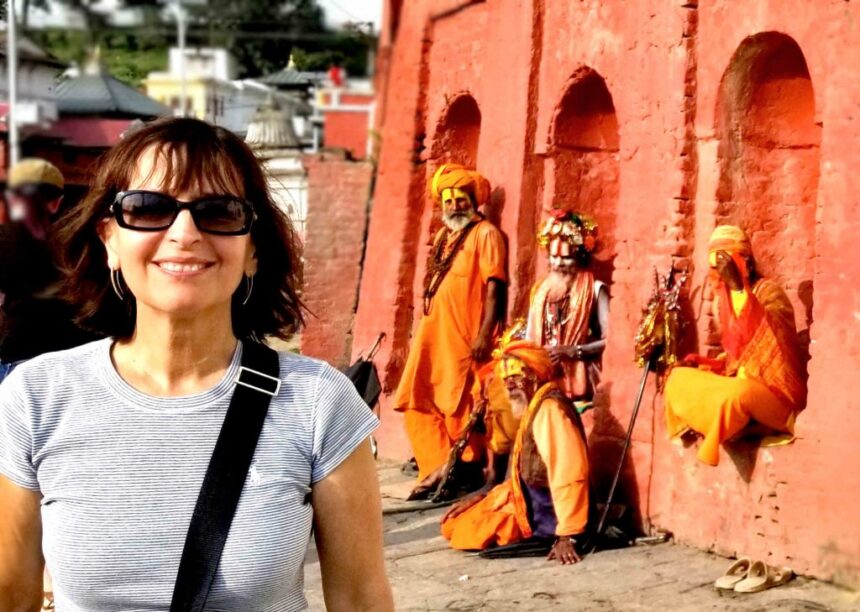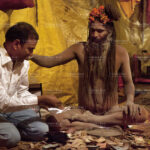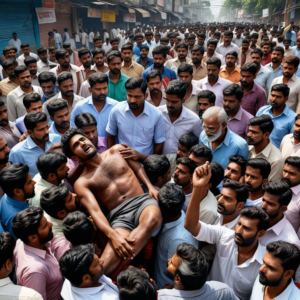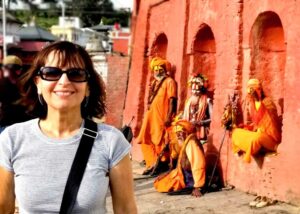
Hindu nationalism, once considered a marginal political ideology, has become a dominant force in Indian politics, thanks in large part to Prime Minister Narendra Modi’s leadership over the past decade. Spearheaded by the Bharatiya Janata Party (BJP) and its ideological parent, the Rashtriya Swayamsevak Sangh (RSS), Hindu nationalism has reshaped India’s political, social, and cultural landscape.
1. The Roots of Hindu Nationalism
Hindu nationalism, or “Hindutva,” originated in the early 20th century as a response to colonialism and perceived threats from other religious communities, particularly Muslims. Leaders like Vinayak Damodar Savarkar and organizations like the RSS framed Hindutva as a cultural ideology advocating India as a Hindu nation.
Before Modi’s rise, Hindutva was a fringe ideology in a political environment dominated by secular parties like Congress. The BJP’s earlier efforts to bring Hindutva to mainstream politics—such as the Ram Janmabhoomi movement of the 1990s—had a polarizing but limited effect.
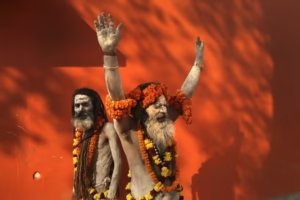
2. Modi’s Role in Mainstreaming Hindutva
Narendra Modi, first elected as Prime Minister in 2014, has been instrumental in bringing Hindu nationalism to the forefront. Under his leadership, the BJP has blended Hindutva ideology with promises of development and good governance, creating a broader appeal. Key factors include:
- Electoral Success: Modi’s victories in 2014 and 2019 marked a shift in Indian politics, with the BJP securing unprecedented parliamentary majorities. This enabled the party to push its ideological agenda without significant opposition.
- Cultural and Religious Policies: Modi’s government has implemented policies aligning with Hindutva goals, such as:
- The revocation of Jammu and Kashmir’s special status under Article 370.
- The Citizenship Amendment Act (CAA), which critics argue discriminates against Muslims.
- Support for the construction of a Ram Temple in Ayodhya after the Supreme Court’s verdict on the Babri Masjid dispute.
- Rewriting Historical Narratives: Efforts to emphasize India’s Hindu heritage while downplaying the contributions of Muslim rulers and secular leaders have been central to BJP’s cultural agenda.
- Strong Leader Persona: Modi’s image as a decisive, charismatic leader has bolstered the BJP’s appeal across demographics, including young voters who may not directly associate with traditional Hindutva rhetoric.
3. Institutional Influence and Polarization
Hindu nationalism under Modi has also gained traction through institutional changes, media narratives, and grassroots mobilization:
- Institutional Power: Appointments in key institutions have favored figures sympathetic to Hindutva ideology, affecting education, law enforcement, and the judiciary.
- Media Dominance: Pro-government narratives dominate mainstream and social media, often sidelining dissenting voices.
- Grassroots Activism: RSS and affiliated groups have expanded their reach, spreading Hindutva ideology through education and local initiatives.
However, critics argue that this has deepened religious polarization and eroded India’s secular and pluralistic foundations. Incidents of communal violence, growing intolerance toward dissent, and the marginalization of minority voices have been highlighted as consequences of this shift.
4. Hindutva and Indian Society
Hindu nationalism has reshaped public discourse, bringing issues like the “love jihad” conspiracy and cow protection into mainstream debate. While proponents argue these measures strengthen India’s cultural identity, critics warn of increasing alienation and discrimination against non-Hindu communities.
5. Challenges and the Future
While Hindutva has become mainstream, it faces challenges:
- Economic Issues: Critics argue that Hindutva policies distract from pressing economic challenges like unemployment and inflation.
- Global Perception: India’s secular image on the global stage has been questioned, with reports of rising intolerance and declining press freedom.
- Opposition Unity: Regional and national parties are attempting to form alliances to counter BJP’s dominance, but their success remains uncertain.
Conclusion
Narendra Modi’s decade in power has fundamentally transformed Indian politics, making Hindu nationalism a defining force. Whether this ideological shift will continue to shape India’s future or face resistance from within remains a critical question for the country’s democracy.


